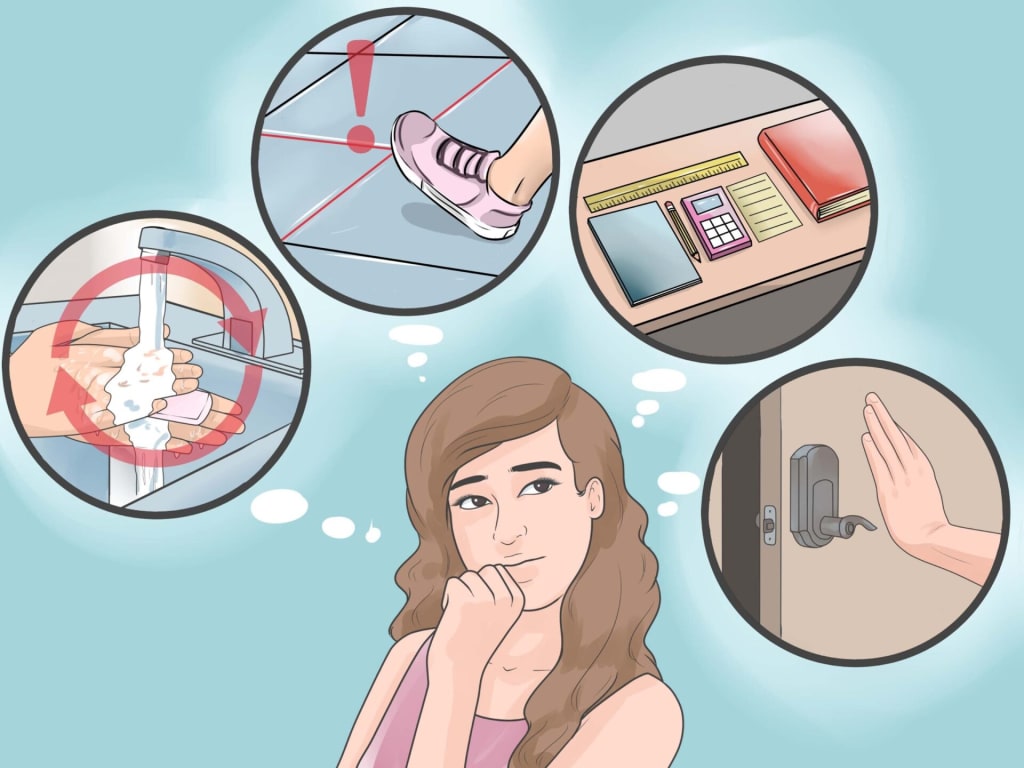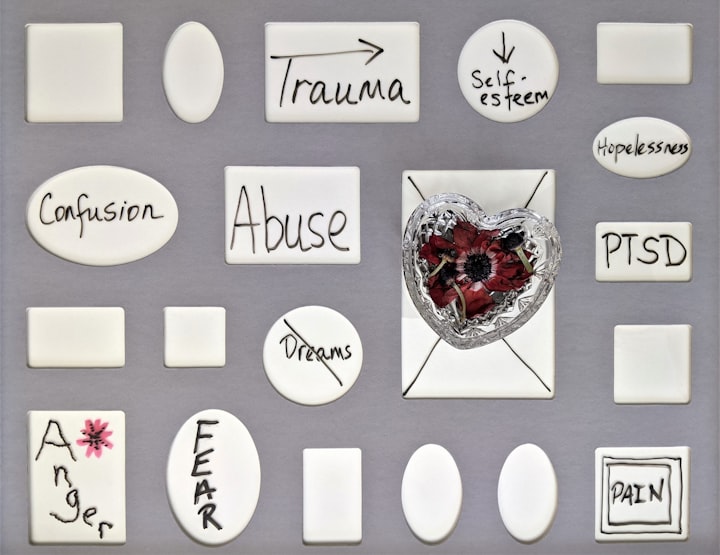OCD and anxiety: How to differentiate between the two and find the right treatment
OCD and anxiety: How to differentiate between the two and find the right treatment

Obsessive-compulsive disorder (OCD) and anxiety are two mental health conditions that are often intertwined. They can be challenging to differentiate, as they share several similarities, but understanding the differences between them is crucial for effective treatment. In this article, we will explore OCD and anxiety, their similarities and differences, and the best OCD treatment in India, and how to find an OCD psychiatrist.
Understanding OCD and Anxiety
OCD is a mental health condition characterized by obsessive thoughts and compulsive behaviors. The obsessions are unwanted, intrusive, and persistent thoughts, urges, or mental images that cause significant anxiety or distress. The compulsions are repetitive behaviors or mental acts that a person feels driven to perform to alleviate the anxiety or prevent a dreaded event or situation.
Anxiety, on the other hand, is a natural response to stress or danger. It is a feeling of unease, such as worry or fear, that can be mild or severe. Anxiety disorders are mental health conditions that involve excessive and persistent anxiety or fear that is out of proportion to the situation. Anxiety disorders can manifest as panic disorder, generalized anxiety disorder, phobias, social anxiety disorder, and separation anxiety disorder.
Symptoms of OCD and Anxiety
The symptoms of OCD and anxiety can overlap, but they also have unique features.
Symptoms of OCD include:
Obsessive thoughts that are intrusive and unwanted, such as fear of contamination, fear of harming oneself or others, religious or sexual obsessions, etc.
Compulsive behaviors or rituals, such as excessive hand-washing, checking, counting, arranging, repeating words, etc.
Difficulty controlling or stopping the thoughts or behaviors, despite realizing they are irrational or excessive.
Significant distress or interference with daily functioning, relationships, work, or school.
Symptoms of anxiety include:
Excessive worry or fear about everyday situations, events, or objects.
Physical symptoms, such as sweating, trembling, palpitations, shortness of breath, nausea, etc.
Avoidance of situations or activities that trigger anxiety.
Difficulty concentrating, sleeping, or relaxing due to anxiety.
Differences between OCD and Anxiety
OCD and anxiety share many similarities, but they also have some crucial differences.
Obsessions and compulsions: OCD is characterized by both obsessions and compulsions, while anxiety disorders may involve only excessive worry or fear without compulsive behaviors.
Focus of the symptoms: OCD symptoms typically revolve around specific themes, such as cleanliness, order, symmetry, safety, or morality. In contrast, anxiety symptoms may be more general or diffuse, such as worrying about the future, social situations, or health.
Degree of control: People with OCD often feel that their thoughts and behaviors are beyond their control, while people with anxiety disorders may feel more in control of their worries or fears.
Impact on daily life: While both OCD and anxiety disorders can interfere with daily functioning, OCD can be more disruptive due to the time and energy required to perform compulsions and the distress caused by obsessions.
Treatment approach: While both OCD and anxiety disorders may benefit from cognitive-behavioral therapy (CBT) and medication, the specific strategies and goals may differ depending on the condition. For example, exposure and response prevention (ERP) is a form of CBT that is highly effective for OCD but may not be as useful for anxiety disorders.
Best OCD Treatment in India
OCD is a treatable condition, and early intervention can improve the outcome. The best OCD treatment in India involves a combination of medication and psychotherapy, specifically CBT.
Medication: The most common medications used to treat OCD are selective serotonin reuptake inhibitors (SSRIs), which are a type of antidepressant. SSRIs can help reduce the severity of obsessions and compulsions and improve quality of life. Some examples of SSRIs used for OCD include fluoxetine, sertraline, and fluvoxamine. However, medication should be prescribed and monitored by a qualified psychiatrist, as they can have side effects and interactions with other medications.
Psychotherapy: CBT is the most effective psychotherapy for OCD. It involves exposure and response prevention (ERP), which exposes the person to feared situations or objects gradually, while preventing them from performing compulsions. This helps the person learn to tolerate the anxiety and resist the urge to perform compulsions. CBT also involves identifying and challenging negative thoughts and beliefs that contribute to OCD.
Other forms of psychotherapy that may be useful for OCD include cognitive therapy, which helps the person identify and change irrational thoughts, and mindfulness-based therapies, which teach the person to observe and accept their thoughts and emotions without judgment.
Finding an OCD Psychiatrist in India
Finding an OCD psychiatrist in India can be challenging, but there are several resources available.
Referral from a primary care physician: A primary care physician can refer the person to a qualified psychiatrist who specializes in OCD.
Online directories: Several online directories list mental health professionals in India, such as the Indian Psychiatric Society directory, Practo, and Justdial. These directories allow users to search by location, specialty, and language.
Online therapy platforms: Some online therapy platforms, such as Tava-Mitram and Manastha, offer virtual therapy sessions with licensed mental health professionals in India.
Support groups: Support groups for OCD, such as the Obsessive-Compulsive Disorder Foundation of India, can provide information and resources on finding an OCD psychiatrist.
When choosing an OCD psychiatrist, it is essential to consider their qualifications, experience, and approach to treatment. The psychiatrist should be a qualified medical doctor and a registered member of the Medical Council of India. They should have experience treating OCD and use evidence-based treatments, such as CBT and ERP.
Conclusion
OCD and anxiety are two mental health conditions that can be challenging to differentiate, but understanding their differences is crucial for effective treatment. OCD is characterized by obsessions and compulsions, while anxiety disorders may involve excessive worry or fear without compulsive behaviors. The best OCD treatment in India involves a combination of medication and psychotherapy, specifically CBT. Finding an OCD psychiatrist in India can be challenging, but resources such as online directories, online therapy platforms, and support groups can be helpful. Choosing a qualified and experienced OCD psychiatrist who uses evidence-based treatments is essential for the best outcome.





Comments
There are no comments for this story
Be the first to respond and start the conversation.